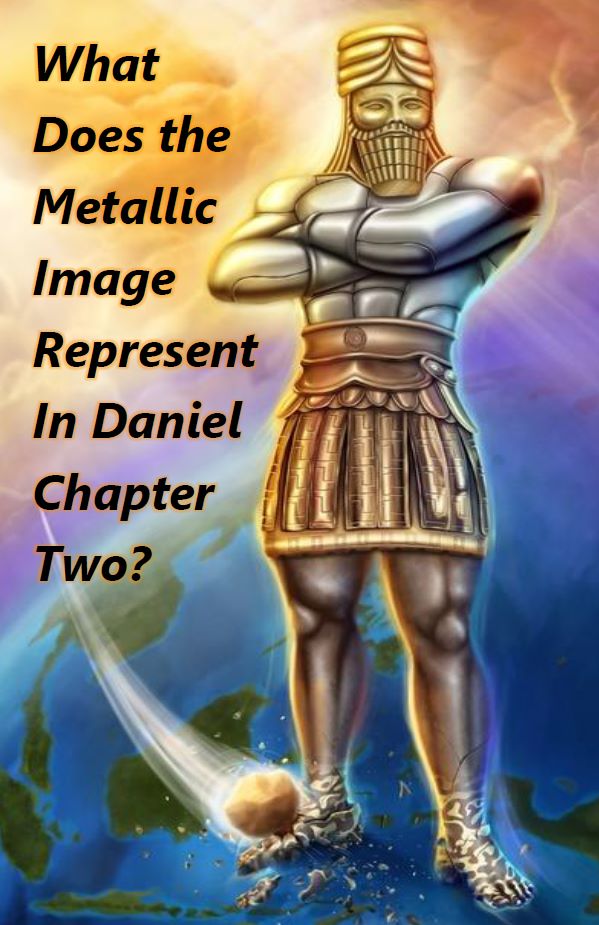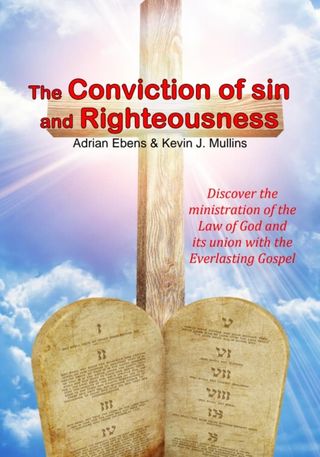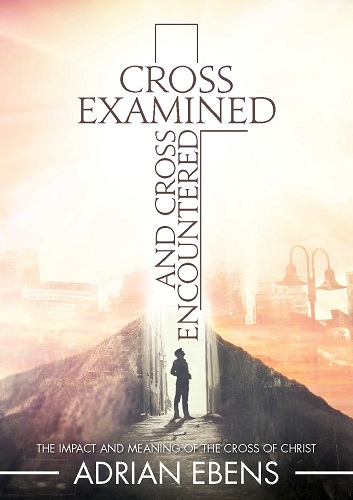(2 Corinthians 13:14) Doesn’t the “Apostle Benediction” Teach Us of the Trinity?
“The grace of the Lord Jesus Christ, and the love of God, and the communion of the Holy Ghost, be with you all. Amen.” (2 Corinthians 13:14)
This text is sometimes called “the apostolic benediction,” and is used in an attempt to prove that God is made up of three persons. However, let’s examine the facts. Who is God in this verse? Most would agree that the only Person referred to as God in this verse is God, the Father. Paul obviously did not write this to promote the idea that God is made up of three persons but, instead, that God is only one Person. This agrees with Paul’s previous letter to the Corinthians, when he wrote, “To us there is but one God, the Father, of whom are all things, and we in him; and one Lord Jesus Christ, by whom are all things, and we by him” (1 Corinthians 8:6). According to Paul, the “one God” of the Bible is God, the Father, alone. The “one Lord” is Jesus Christ. If the “one God” is the Father, and the “one Lord” is Jesus Christ in this verse, who is the Holy Spirit? Jesus said it is the Spirit of the Father (Matthew 10:20; Luke 11:13; John 15:26).
Some say that the term “the communion of the Holy Ghost” proves that the Holy Ghost must be a separate individual from the Father and Son. The argument has been made that you cannot have communion with anyone but a person. You cannot have communion with a table, or with a chair, etc. This is true, but the text does not say, “communion with the Holy Ghost,” but rather, “the communion of the Holy Ghost.”
Paul also wrote, “That I may know him, and the power of his resurrection, and the fellowship [κοινωνια - koinonia - ‘communion’] of his sufferings, being made conformable unto his death” (Philippians 3:10). Here Paul used the very same Greek word that he used in 2 Corinthians 13:14. He said that he wished to know the fellowship or the communion of Christ’s sufferings. To have fellowship means we partake of something. We are to partake of God’s Spirit and the sufferings of Christ.
There is a difference between having fellowship “of” and fellowship “with” something or someone. You can have the fellowship “of” His sufferings, even though His sufferings is not a person, but you cannot have fellowship “with” His sufferings.
John explains to us who we are to have fellowship “with.” He says, “That which we have seen and heard declare we unto you, that ye also may have fellowship with us: and truly our fellowship [κοινωνια - koinonia - ‘communion’] is with the Father, and with his Son Jesus Christ” (1 John 1:3). Surely, if John had been acquainted with a third god, he would want us to have fellowship with him as well, but there is no mention of another person. John further states, “Whosoever transgresseth, and abideth not in the doctrine of Christ, hath not God. He that abideth in the doctrine of Christ, he hath both the Father and the Son” (2 John 9). “Both” means two, and only two.
So, we are to have the grace of the Lord Jesus, the love of God, and be partakers of the Holy Spirit of God. There is only one God in this verse, the Father, and there are only two persons mentioned, the Father and Son. There is no trinity in 1 Corinthians 13:14. If we want to find evidence for the trinity in the Bible, we must look elsewhere.
Ironically, this text is held up as “the apostolic benediction” as if this was the commonly used ending of a letter from the apostles. But it is only used once. There is a phrase much more commonly used by the apostles, and it reads like this, “Grace be to you and peace from God the Father, and from our Lord Jesus Christ” (Galatians 1:3). A phrase very similar to this is used to begin 15 out of the 21 apostolic letters. In each of these greetings only two persons are mentioned, the Father and His Son, Jesus Christ.
The fact that the trinity must be supported by grasping at such flimsy straws as 1 Corinthians 13:14 does not recommend it very highly. If God wanted us to believe that He is a trinity of three persons, He could have easily explained it in the Bible, but He never did. Instead, men have formulated theories and creeds to define God by using language that is foreign to the Bible. It would be far better for us to let God’s word speak for itself, and leave the definition of “God” the way God left it in His word.
“But to us there is but one God, the Father, of whom are all things, and we in him; and one Lord Jesus Christ, by whom are all things, and we by him” (1 Corinthians 8:6)






